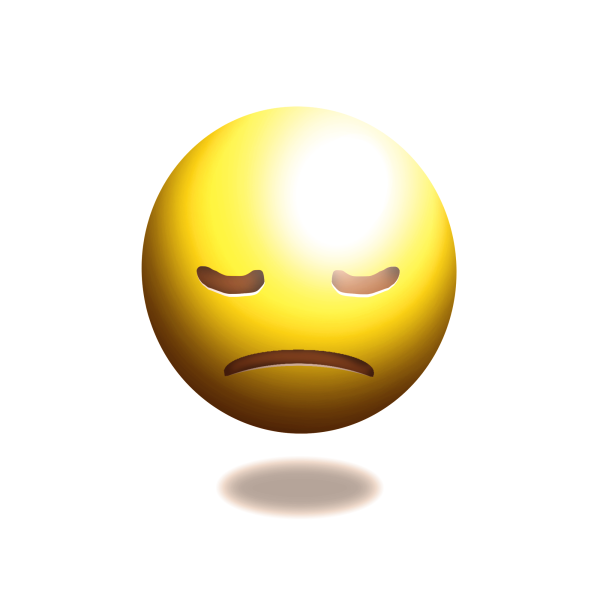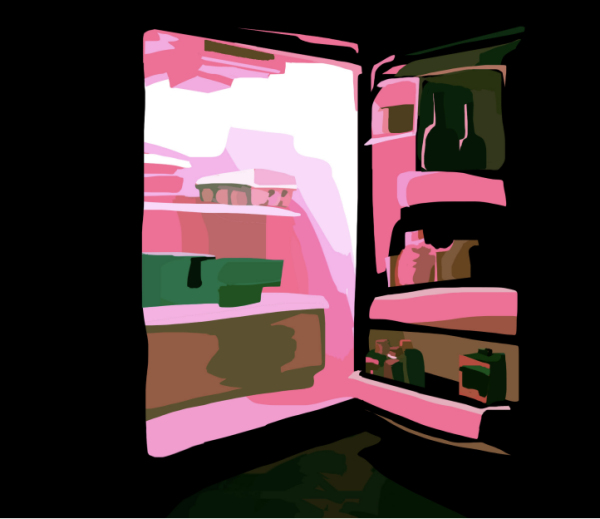Edmonds: The value of poetry to non-poets
March 31, 2017
For a long time, poetry seemed dumb and confusing. Every poem we read in my high school English class had some sort of deeper meaning I missed. But the lack of punctuation and grammar involved in writing poetry drew me towards writing a few stanzas. After a few attempts, I learned that poetry could be a fun experience rather than a test.
I hear many of my classmates express the same befuddlement about poetry that I did, but what’s jarring is the totally dismissal of its value. Poetry sounds like some weird hippie puzzle that everyone’s given up on solving. I posit that poetry is, in fact, an essential and enjoyable part of life.
First off, poetry is not about figuring out some abstract hidden meaning. Due to the subjective nature of the field, there is no unilateral way to interpret the poem. Poems are meant to be experienced. With unconventional uses of pauses, sentences, lines and imagery, poetry can rarely be understood on a surface level. Those who listen to classical music are not solely doing so to determine its meaning, rather they are enjoying the experience. This should be the same with poetry.
Furthermore, poetry is a diverse category of literature. Contrary to high school curriculum, it is not just old English guys writing about nature. Rather, it speaks to a variety of different people through a vast range of experiences and topics. From social justice, sexuality, history, and music, poetry seeks to describe the gamut of what it is to be human.
No formal structures or rules have to bind you. and no topic is off limits. Poetry is about reaching another person with words, lines, and phrases. Specific imagery can go a long way to doing this but the possibilities are endless. Any subject can be worked around, used, or touched on in a poem. Math, physics, environmental awareness, mental illness, myths, legends, everyday life, love, anger, even study habits are all great basis for a poem.
Few other art forms provide such freedom. Depending on your type of poetry, a first draft can take two minutes to write. What matters is that you’re writing what you have to say—not a cliché or a teacher’s preference but your own voice. The liberation that comes with finding what you want to say and saying it however you’d like is indescribable. It takes less time than going to an art museum or reading a novel and is equally as rewarding. The tough work of editing, molding and honing your skill is something you can worry about later. In the moment, just get it down.
Poetry has its place on an engineering-dominated campus as exercise for the mind. People struggle with getting started but once they’ve done it, there is a feeling of refreshment, betterment and power, much like a good physical workout. If you’re bored, try it out, share it with others and accomplish something small and fantastic. You may find you like it.





















